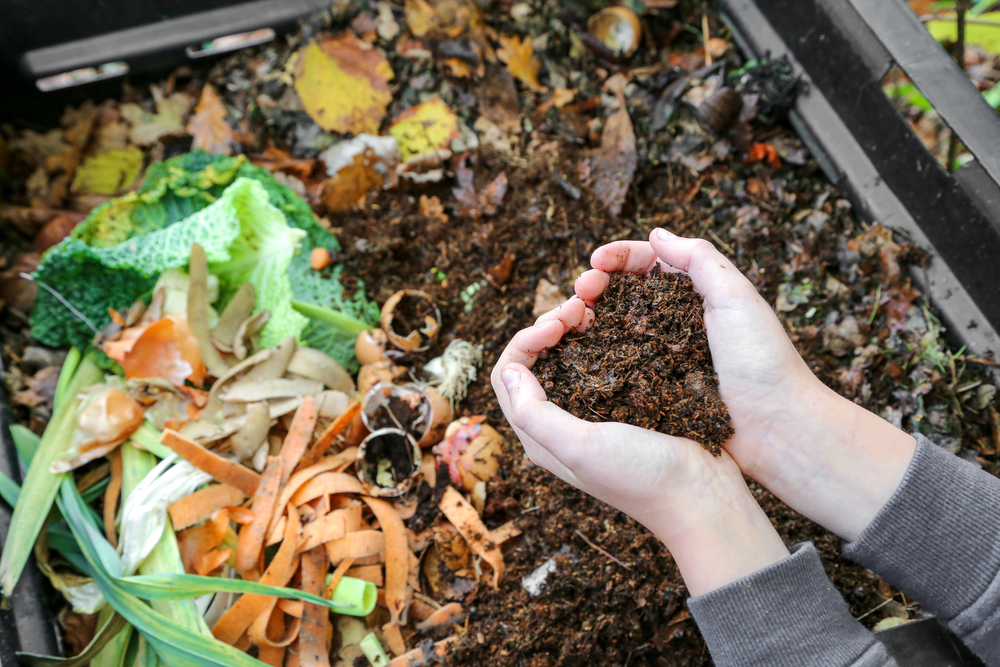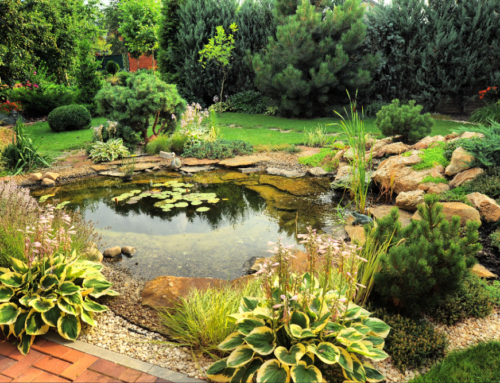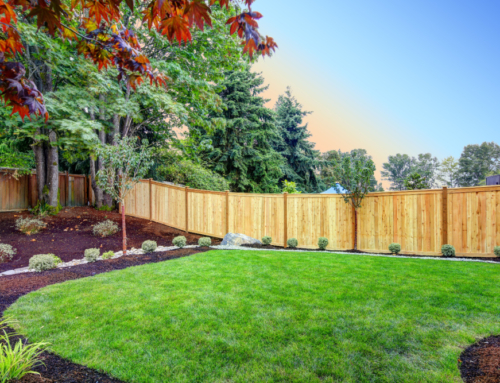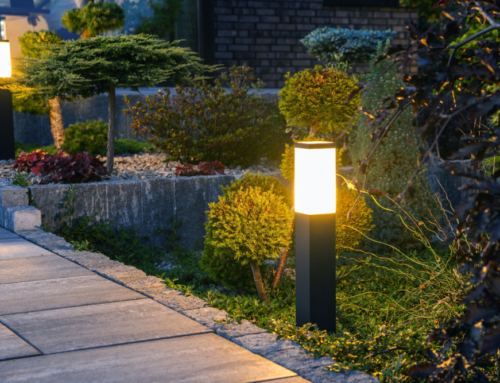In the vast universe of gardening and landscaping, if one element stands out as nature’s gift to enthusiasts, it’s compost. Often termed “black gold” by gardeners worldwide, compost is indispensable in cultivating a thriving and vibrant landscape. But what makes compost such an essential element, and why should you integrate it into your landscape? Let’s dive in to unravel the mysteries of this natural powerhouse.
Understanding Compost: Nature’s Elixir for Plants
Compost is organic matter that has decomposed over time. It can be made from various materials such as leaves, grass clippings, kitchen waste, etc. Compost introduces many benefits when added to the soil, enriching the soil’s texture, structure, and nutrient content.
Soil Enrichment and Texture
When we talk about healthy soil, we’re really discussing its ability to retain nutrients, moisture, and air. Compost has a miraculous ability to improve all these aspects.
Improving soil structure
Compost, with its rich organic matter, enhances the soil structure. Clay-heavy soils reduce soil compaction, making it easier for plant roots to spread. For sandy soils, it adds body, helping the soil retain water and nutrients more effectively.
Enhancing water retention
One of the challenges many gardeners face, especially in sandy or rocky landscapes, is the soil’s inability to retain moisture. Compost acts as a sponge, retaining water in the soil and ensuring that plants have a consistent and adequate supply.
A Natural Fertilizer
Packed with essential nutrients
Compost is brimming with vital nutrients plants need to thrive. From nitrogen, which aids in leaf growth, to potassium, which is essential for flower and fruit development, compost offers a buffet of nutrients. Moreover, these nutrients are released slowly, ensuring a steady supply over time.
Beneficial microorganisms
A healthy soil teems with life, specifically microorganisms like bacteria and fungi. These microorganisms break down organic matter, releasing essential nutrients into the soil. Compost is a breeding ground for these beneficial microbes, ensuring a vibrant microbial ecosystem.
Sustainable and Eco-friendly
Reducing waste
Every year, tons of organic waste end up in landfills, producing methane – a potent greenhouse gas. By composting your kitchen waste and yard clippings, you reduce this waste, giving it a second life in your garden.
Reducing the need for chemical fertilizers
With compost enriching your soil naturally, the need for chemical fertilizers diminishes. This saves you money and prevents the leaching of chemicals into the groundwater, protecting the environment.
Pest and Disease Resistance
Healthy soil results in robust plants and strong plants are better equipped to ward off pests and diseases. The beneficial microbes in compost also play a role in suppressing certain soil-borne diseases.
Promoting Root Development
Compost creates a hospitable environment for roots, fostering better root development. This means plants can reach deeper into the ground for nutrients, making them more resilient during dry spells.
Buffering Soil pH
Different plants have specific pH preferences, but most thrive in neutral to slightly acidic soils. Compost acts as a buffer, helping maintain a consistent pH level and ensuring plants can access the necessary nutrients.
Conclusion: Embrace the Power of Compost
Incorporating compost into your landscape isn’t just a gardening best practice; it’s a homage to nature’s life cycle. The benefits of compost are endless, from enriching the soil to fostering plant growth, from supporting sustainability to promoting an ecosystem brimming with life.
As you plan your landscape or seek ways to rejuvenate your garden, remember the unparalleled magic of black gold. Let compost be the cornerstone, and watch as your landscape thrives in ways you only imagined.
Are you looking for the best commercial lawn maintenance services in NYC? If so, contact us today!






